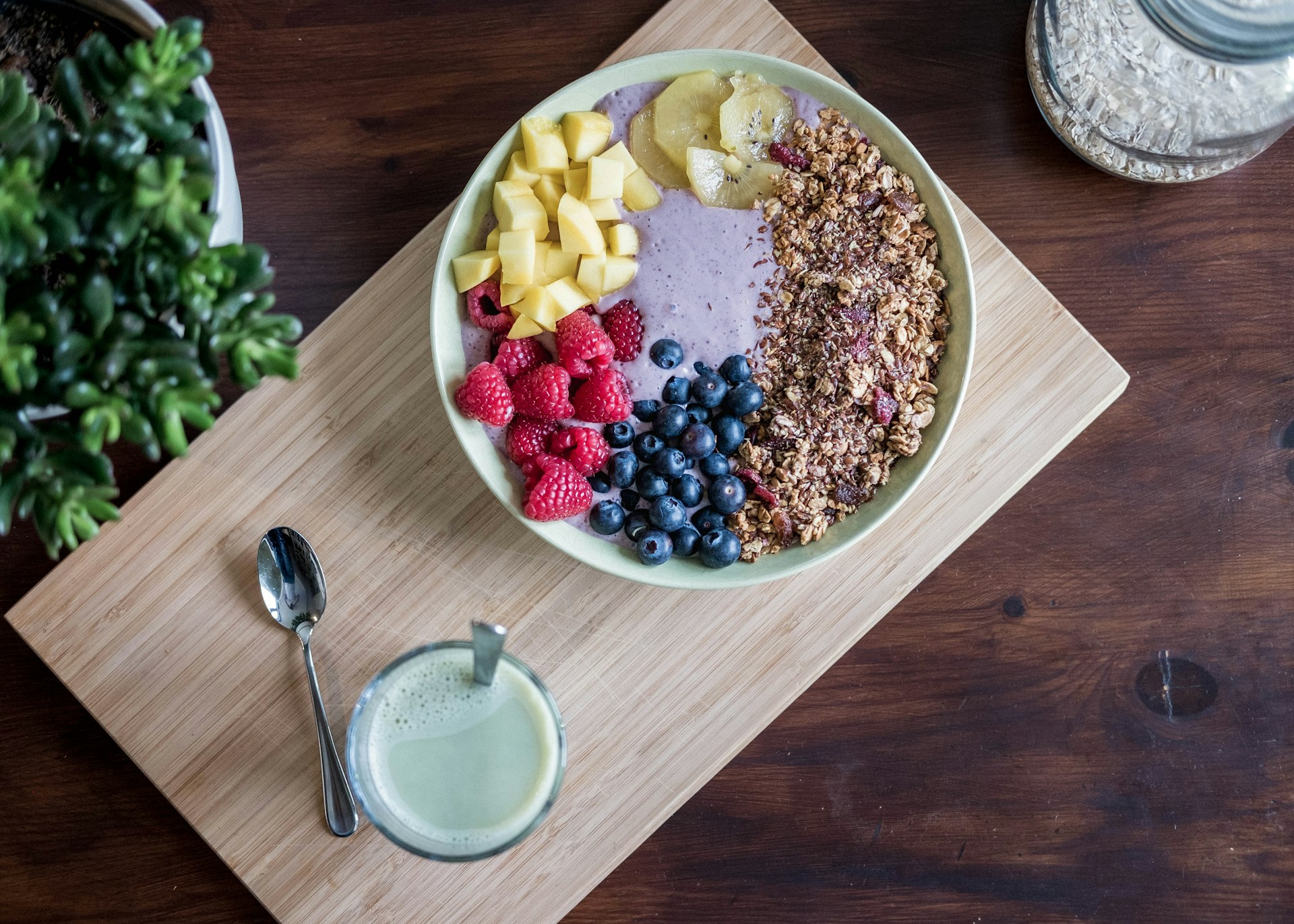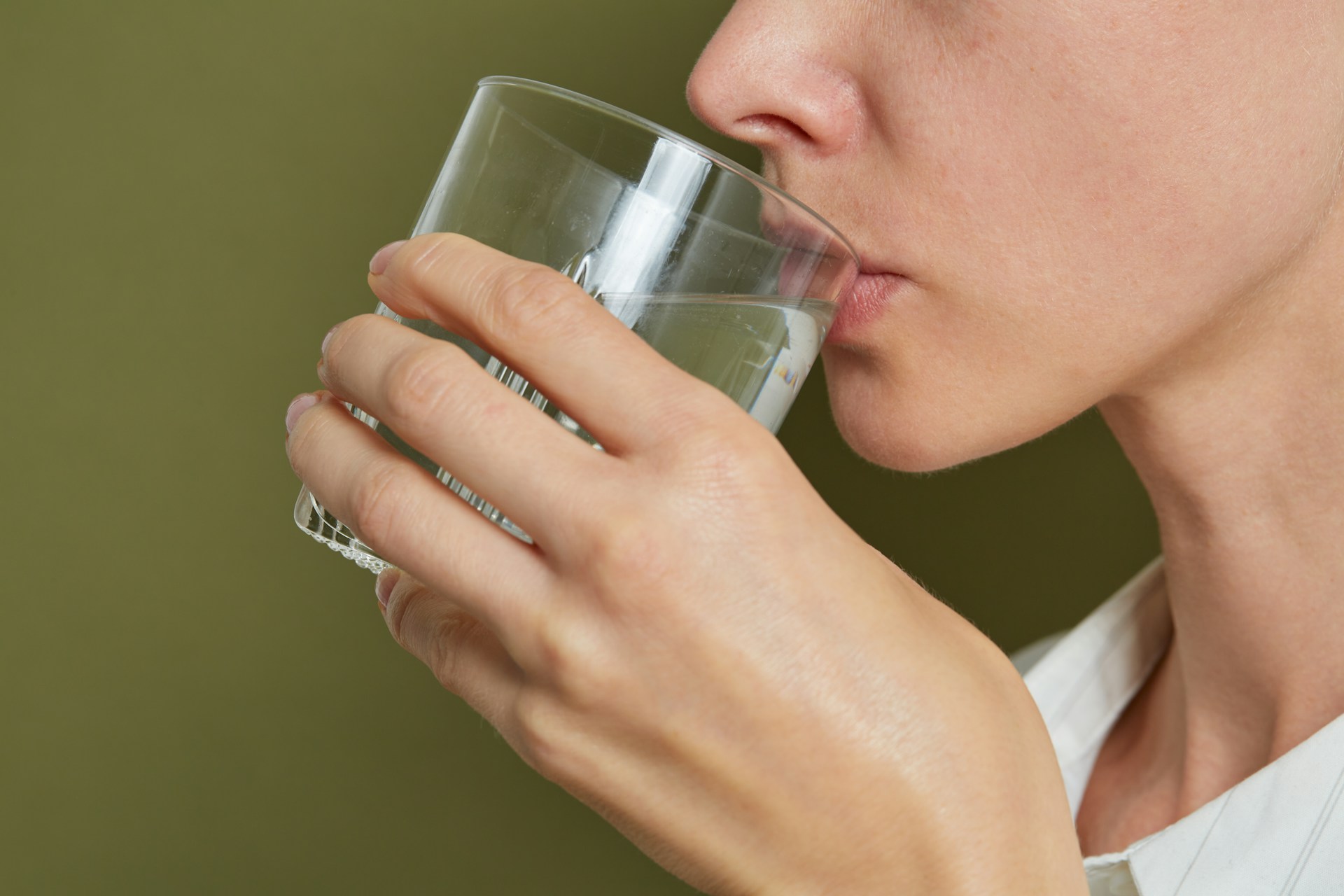Health
Cycling for Seniors: Enjoying the Ride

Cycling is a wonderful way to stay active and healthy, no matter your age. For us seasoned ladies, it offers a multitude of benefits, from keeping our hearts pumping to boosting our mood and keeping our minds sharp. So, let’s dust off that old bicycle and take a spin down the path of health, wellness, and joy.
Firstly, cycling is a fantastic cardiovascular activity. It gets our hearts beating and our blood pumping, which in turn helps to maintain our heart health. As we age, it’s crucial to keep our cardiovascular system in check – and cycling can do just that. Plus, the rhythmic nature of pedaling can be quite therapeutic, offering a lovely way to de-stress and focus on the moment.
But it’s not just our hearts that benefit from a good ride. Cycling is also an excellent low-impact exercise that can help us maintain our strength and balance. It works our legs and core, without putting too much strain on our joints. This makes it an ideal form of exercise for us ladies who may have arthritis or other joint issues.
What’s more, cycling can be a fantastic way to boost our mental wellbeing. The combination of fresh air, natural light, and physical activity can do wonders for our mood and mental health. It can help to reduce feelings of stress and anxiety, improve our sleep, and even boost our memory and cognitive function.
Now, let’s not forget about the joy of exploring the great outdoors on two wheels. Whether it’s a leisurely ride through the park, a challenging hill climb, or a scenic coastal route, cycling offers a unique way to connect with nature and discover new places. It’s a chance to escape the hustle and bustle, breathe in the fresh air, and soak up the beauty of our surroundings.
Cycling also offers opportunities for social interaction. Joining a local cycling group can be a great way to meet new people and enjoy shared experiences. It’s not just about the physical benefits; it’s also about the camaraderie, the shared laughter, and the supportive environment.
Of course, we must consider our nutrition too. Cycling, like any form of exercise, requires fuel. We need to make sure we’re eating a balanced diet, rich in fruits, vegetables, lean proteins, and whole grains. Hydration is also key – so don’t forget to bring a water bottle on your rides.
Now, I know what some of you might be thinking: “But I haven’t ridden a bike in years!” Don’t worry, my dear. The beauty of cycling is that it’s a skill that, once learned, is never forgotten. And with the variety of bicycles available today, including those with electric assist, there’s a bike to suit everyone.
If you’re new to cycling or returning after a long hiatus, it’s a good idea to start slow and gradually increase your distance and intensity. Remember, it’s not a race – it’s about enjoying the ride and reaping the health benefits.
And let’s not forget about safety. Always wear a helmet, use lights and reflective gear when visibility is low, and follow the rules of the road. It’s also a good idea to carry a cell phone for emergencies and let someone know your route if you’re cycling alone.
So, ladies, it’s time to embrace the freedom, the joy, and the health benefits that cycling can bring. It’s a chance to challenge ourselves, to explore new places, and to enjoy the ride of life. After all, age is just a number, and we’re only as old as we feel. So, let’s hop on our bikes, pedal with gusto, and show the world what we’re made of. Because we’re not just aging – we’re aging with grace, strength, and a whole lot of spirit.

Health
Expert Reveals Top 3 Gut Health Mistakes to Avoid

The intricate world of gut health is gaining increasing attention as researchers uncover its profound influence on our overall well-being. The gut microbiome, a complex ecosystem of over 100 trillion microbes, including bacteria, fungi, yeast, and viruses, plays a crucial role in how our body functions. This collection of microorganisms is so influential that experts often refer to it as the “second brain,” according to registered dietitian Kristian Kirkpatrick, RD.
Endocrinologist and researcher Max Nieuwdorp, PhD, emphasizes the importance of maintaining a healthy gut microbiome for balanced hormone levels. In his book, *The Power of Hormones*, Nieuwdorp details how gut microbes are instrumental in the release and production of hormones, impacting critical processes like metabolism and mood. He shares three key things to avoid for optimal gut health.
One major dietary change Nieuwdorp recommends is reducing red meat consumption. During an interview with Business Insider, he explained that red meat can alter the gut microbiome’s composition by producing “dangerous” metabolites during digestion.
“I try to not eat meat every day,” Nieuwdorp said.
While protein is essential, a diet heavily reliant on red meat can increase the risk of various health issues, including diabetes, heart disease, stroke, and colorectal cancer. Red meat is also known for its high cholesterol, saturated fats, and sodium content.
Ultra-processed foods are another group Nieuwdorp steers clear of. These include sweetened breakfast cereals, processed meats, sodas, and some frozen meals. Instead, he opts for fresh foods without preservatives or additives.
Gastroenterologist Preeya Goyal, MD, highlights the dangers of ultra-processed foods, noting, “Ultra-processed foods contain large quantities of saturated fat and trans-fat, added sugar, salt, and food additives that seriously affect the gut and physical health.”
Finally, Nieuwdorp is cautious about antibiotics, using them only when absolutely necessary. He warns, “They drive dysbiosis in the gut.”
Dysbiosis, as explained by the Cleveland Clinic, is an imbalance in the diversity of gut microorganisms, making individuals more susceptible to infections and disrupting essential functions normally provided by a healthy microbiome. This imbalance can also adversely affect hormone function.
By avoiding these common pitfalls, Nieuwdorp advocates for a balanced gut microbiome, which in turn supports overall health and well-being.
Let us know what you think, please share your thoughts in the comments below.
Health
Is Your Body Thirsty? Discover 7 Signs You Need More Water

Staying hydrated is crucial for maintaining overall health, yet it’s easy to overlook drinking enough water until thirst strikes. Our bodies rely on water to function optimally, as it plays a vital role in nutrient absorption and waste removal. Dr. Ronald A. Navarro explains, “Hydration is necessary for survival. The cells in our bodies contain water and are surrounded by water. When we’re dehydrated, these cells are less permeable, which means they have trouble absorbing nutrients and removing waste.” While the general guideline is to drink 8 ounces of water 6 to 8 times daily, individual needs can vary based on health, activity levels, and environmental factors. Here are seven subtle signs your body might be signaling a need for more water.
Headaches
If you find yourself reaching for pain relief due to a headache, consider that dehydration might be the culprit. Mark Bussell, DPT, BS, OCS, notes, “The throbbing pain you feel in your head, that’s your brain telling you ‘I need water.’” Dehydration can reduce blood flow and oxygen to the brain, leading to inflammation and discomfort. Sometimes, a glass of water could be the remedy you need.
Mood Changes
Feeling unusually irritable or down? It could be linked to dehydration. Research psychologist Harris Lieberman points out, “Even mild dehydration that can occur during the course of our ordinary daily activities can degrade how we are feeling – especially for women, who appear to be more susceptible to the adverse effects of low levels of dehydration than men.” These mood changes can affect motivation and daily activities.
Low Energy Levels
Experiencing fatigue or lethargy might be your body’s way of telling you it needs more water. Dr. Bussell explains, “Are you tired? Fatigue? Or lethargic? These may be signs your body is craving water.” When dehydrated, the body tends to conserve energy by reducing blood circulation, which can lower your productivity.
Dry, Dull Skin
Your skin’s appearance can reflect your hydration status. Dermatologist Anne Marie Tremain, MD, advises, “It’s best to hydrate from the inside out.” Adjusting your water intake based on your lifestyle can help maintain healthy, glowing skin.
Struggling Workouts
If your exercise routine feels more challenging than usual, dehydration might be affecting your performance. Sports dietitian Amy Goodson, RD, highlights, “A 2% dehydration level in your body causes a 10% decrease in athletic performance.” Staying hydrated can help you maintain your workout intensity and results.
Muscle Cramps and Joint Pain
Water is essential for muscle and joint health. Dr. Bussell states, “Water plays an integral role in your muscles and joints. It’s important to remember that with less water in the body, muscle mass decreases and causes inflammation or soreness.” Proper hydration helps your joints absorb shock and supports muscle function.
Digestive Issues
Though not explicitly mentioned in the source, it’s worth noting that dehydration can lead to digestive problems such as constipation. Water helps keep your digestive system running smoothly by aiding in the breakdown of food and the movement of waste.
Recognizing these signs is important for maintaining your well-being. By listening to your body and staying hydrated, you can support everything from mood and energy to skin and muscle health. So, the next time you experience one of these symptoms, consider reaching for a glass of water to see if it helps.
Let us know what you think, please share your thoughts in the comments below.
Health
Boost Your Health with Omega-3s: Discover the Cancer-Fighting and Brain-Boosting Benefits

Incorporating omega-3 fatty acids into your diet may offer more benefits than you might expect. Often celebrated for their role in weight management and promoting fullness, omega-3s have now been linked to reducing the risk of certain cancers and enhancing brain health as we age. Recent studies highlight the importance of these “healthy fats” found in foods like fatty fish, nuts, seeds, and certain oils. Let’s explore some of the top omega-3-rich foods and the potential health benefits they offer.
Fatty Fish
Fatty fish, such as salmon, mackerel, and sardines, are renowned for their high omega-3 content. These fish provide essential fats that the body cannot produce on its own, making them a crucial part of the diet.
According to the National Institutes of Health (NIH), omega-3 fatty acids “are important components of the membranes that surround each cell in your body,” with high concentrations found in the brain and eyes.
Nuts and Seeds
Nuts and seeds, including flaxseed, chia seeds, and walnuts, are excellent plant-based sources of omega-3s. They are versatile and can be easily incorporated into meals and snacks.
These foods not only support cellular functions but also contribute to heart, lung, and immune system health.
Canola Oil
Canola oil is another option for increasing omega-3 intake. It’s a simple swap for other cooking oils and can be used in a variety of dishes.
The NIH notes that omega-3s provide energy and have many functions in the body’s cardiovascular and endocrine systems.
Fortified Dairy Products and Juices
Some dairy products and juices are fortified with omega-3s, offering an alternative for those who may not consume fish or nuts. These products can help ensure adequate omega-3 consumption.
A study published in The International Journal of Psychiatry in Medicine found that omega-3s “may help to prevent cognitive decline with aging.”
Omega-6 Fatty Acids
While omega-3s are the focus, omega-6 fatty acids also play a role in reducing cancer risk. Found in vegetable oils, nuts, and seeds, omega-6s work similarly to omega-3s in the body.
Research published in the International Journal of Cancer indicated that higher levels of omega-6s were associated with lower rates of various cancers, including those in the head, neck, and digestive tract.
The findings from these studies suggest that adding more omega-3-rich foods to your diet could be beneficial for both cancer prevention and maintaining cognitive function. While there is a slight caution regarding prostate cancer risk, the overall benefits of these fatty acids are clear. As Yuchen Zhang, lead author of one study, emphasized, “These findings suggest that the average person should focus on getting more of these fatty acids in their diets.” For many, this may be a straightforward way to enhance health and well-being.
Let us know what you think, please share your thoughts in the comments below.
-

 Health7 months ago
Health7 months ago17-Second Neuropathy Solution
-

 Nutrition11 months ago
Nutrition11 months agoThe Aging Secret of Vitamin D Unveiled
-

 Health1 year ago
Health1 year agoPreventing Falls and Injuries for Seniors
-

 Health6 months ago
Health6 months agoOncologist Reveals Top 5 Cancer Prevention Tips You Shouldn’t Ignore
-

 Nutrition1 year ago
Nutrition1 year ago5 AMAZING Dinner Recipes That Are Also HEALTHY
-

 Lifestyle7 months ago
Lifestyle7 months agoSleep Soundly with These 11 Expert-Approved Bedtime Routines
-

 Health12 months ago
Health12 months agoDownsizing Tips: Simplifying Your Lifestyle
-

 Lifestyle3 months ago
Lifestyle3 months agoMorning Habits That Could Add Years to Your Life
Carol Louise
December 9, 2023 at 3:56 pm
Love cycling. Have several bikes